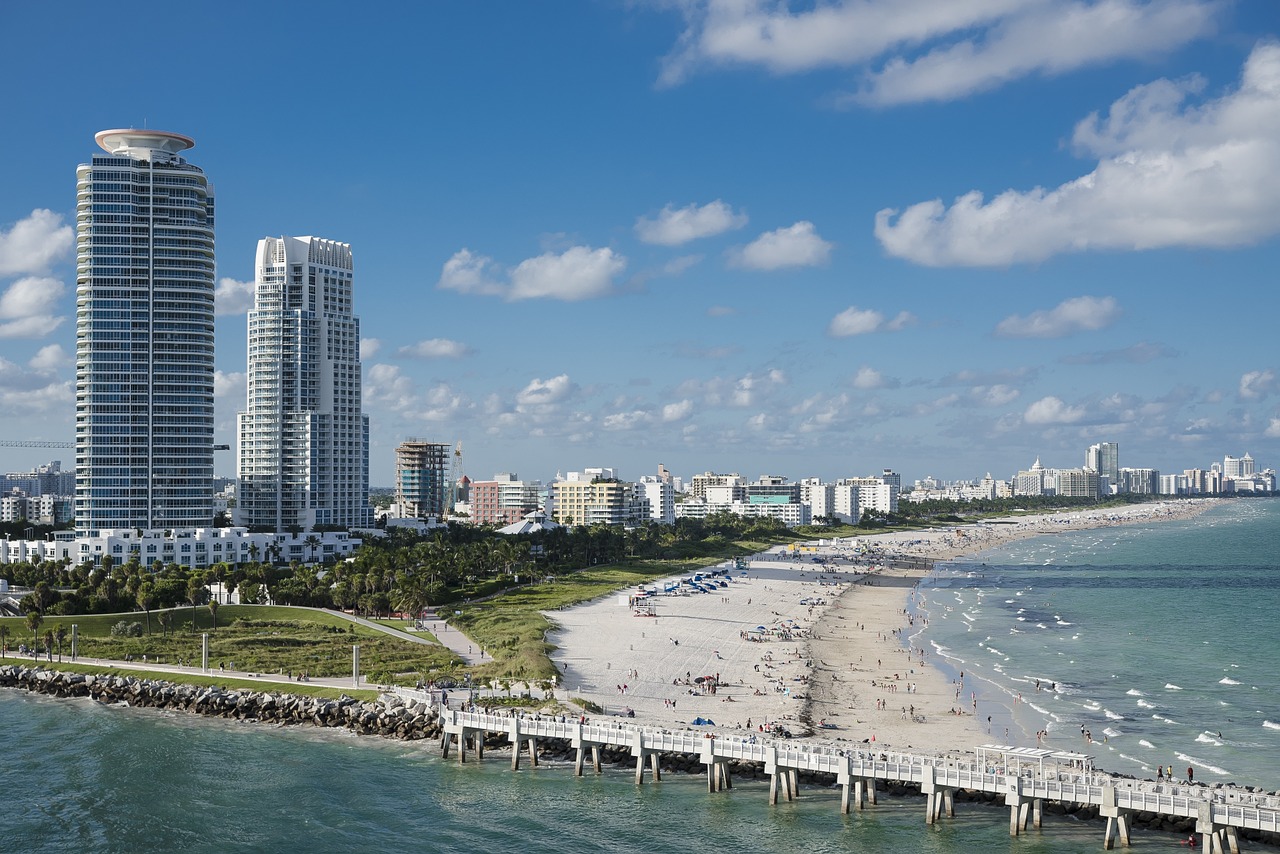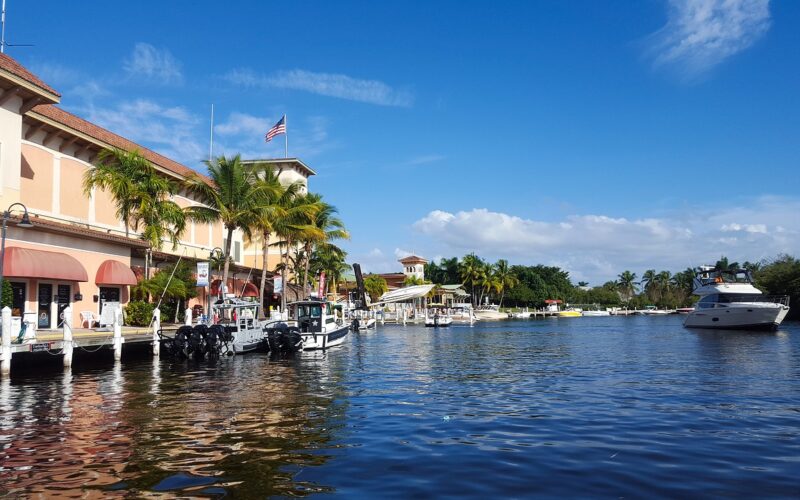When choosing a home or condo in Florida, you need to understand the specifics of the local market. What is a condominium and how does it differ from a co-op? What requirements do local HOAs impose on buyers? In what case can a foreigner refuse to make a deal? Let’s talk about what awaits future property owners in one of the most popular states of the United States.
In Florida real estate listings, you may come across four types of residential real estate:
- A detached home
- condo
- townhouse
- co-op
As a buyer, understand that condos, townhomes, and co-ops are part of the Home Owners Association. That means that they are subject to its laws. A detached house can also belong to it, but it is rather an exception to the general rule.

Each association has its own procedure for purchasing an apartment.
Usually the potential new owner must submit an application and pay an application fee ($100-250). The administration checks the applicant’s background and approves or rejects him. This procedure ensures that the new tenant, for example, does not have a criminal record.
General rules of association are published in the announcement on the sale of the property. The buyer sends an offer to buy in the form of a purchase contract stating the value he is willing to offer and the terms of purchase. The seller accepts it (signs the contract), rejects it, or corrects it (makes his own terms). In some cases the administration even arranges a personal interview with the candidate.
When the contract is signed by both parties, the seller must provide full information about the association. After signing the contract, the buyer has the right to terminate it within three days. And without any penalties.
A cooperative (co-op) is the same association. Only the land on which the building stands does not belong to the apartment owners. The association leases it. As a rule, the lease term is up to 100 years. And every month or quarter, the owner pays his or her portion of that rent.
At the end of the 100-year lease, the association has two options – either buy the land or renegotiate the lease for another 100 years.
Cooperatives are usually located close to the ocean, in areas where land is very expensive. Keep in mind that banks do not give credit for the purchase of real estate in cooperatives. This is why it is difficult to sell such properties. After all, in this case, you have to look for someone who can buy the object without the involvement of the mortgage.
Apartments in co-ops are usually cheaper than condos. For example, you can find properties on the ocean for $150-200 thousand. But the monthly payments for such real estate will be higher because they include a fee for the land.
